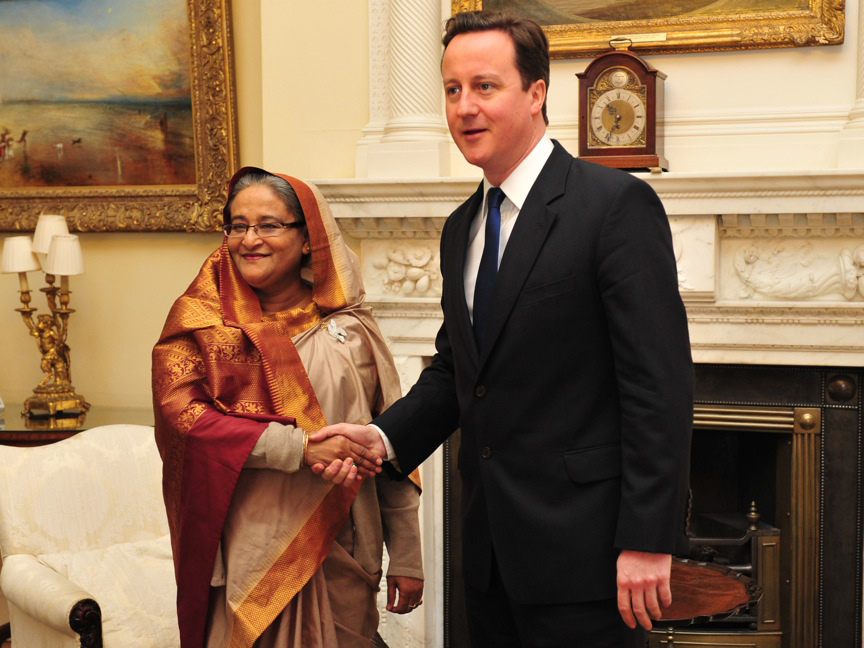
Evaluating whether former Prime Minister Sheikh Hasina fulfilled her commitments involves considering various aspects of her tenure, including her promises, policies, and the impact of her administration. Sheikh Hasina, who has been a significant figure in Bangladeshi politics, has served as Prime Minister for multiple terms, including from 1996 to 2001, and then from 2009 to the present (as of September 2024). Here’s a general overview of key areas to assess:
- Economic Development:
- Commitments: Sheikh Hasina’s government committed to improving Bangladesh’s economic infrastructure, reducing poverty, and enhancing growth.
- Social and Educational Reforms:
- Commitments: There were promises to improve education and healthcare systems.
- Achievements: The government has made strides in increasing access to education, particularly for girls, and improving literacy rates. Healthcare improvements include expanded services and infrastructure, although challenges remain.
- Infrastructure Development:
- Commitments: Enhancing infrastructure, including transportation and utilities.
- Achievements: Major infrastructure projects like the Padma Bridge, metro rail, and various road and bridge constructions have been undertaken. These projects have had significant impacts on connectivity and regional development.
- Political Stability and Governance:
- Commitments: Ensuring political stability and effective governance.
- Achievements: Sheikh Hasina’s administration has maintained a degree of political stability and pursued anti-corruption measures. However, her tenure has also been marked by allegations of authoritarianism, concerns about press freedom, and issues with political opposition.
- Human Rights and Democracy:
- Commitments: Promoting human rights and democratic values.
- Achievements: While there have been advances in some areas, her government has faced criticism over human rights abuses, restrictions on media freedom, and the suppression of political dissent.
- Disaster Management and Climate Change:
- Commitments: Addressing the impacts of natural disasters and climate change.
- Achievements: The government has worked on disaster preparedness and response, and Bangladesh has made notable progress in climate resilience and adaptation strategies.
To provide a more nuanced view, it’s essential to examine specific policies, their implementation, and their outcomes, while also considering diverse perspectives and sources. Evaluations of political leaders can be complex, reflecting both achievements and criticisms depending on the context and the observer’s standpoint.